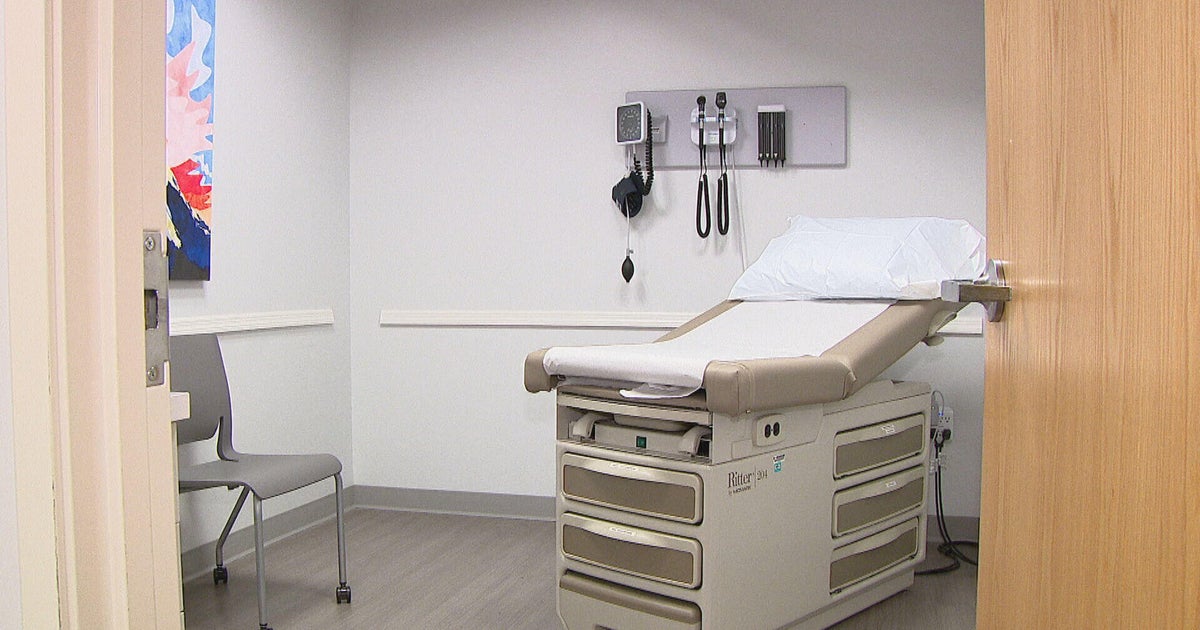Ireland's health service shuts its computer systems due to major ransomware attack
Ireland's health service said Friday it had shut down its computer systems after experiencing a "significant ransomware attack," a week after the largest U.S. fuel pipeline network was also targeted.
The Irish attack was blamed on international criminals and was said to be targeting healthcare records, but officials said patient safety wasn't at risk.
"We have taken the precaution of shutting down all our IT systems in order to protect them from this attack and to allow us (to) fully assess the situation with our own security partners," the Health Service Executive (HSE) said.
"We apologize for inconvenience caused to patients and to the public and will give further information as it becomes available," it added, stressing Ireland's coronavirus vaccination program was unaffected and "going ahead as planned".
Another ransomware attack last Friday forced the shutdown of the United States' largest fuel distribution system, leading to some panic buying and long lines at many gas stations in the Southeast. Some ran out of gas.
Moscow has rejected U.S. accusations that a Russia-based group called DarkSide was behind the cyberattack.
HSE chief executive Paul Reid said the attack in Ireland was "an internationally operated criminal operation" and the authority was working with police, the army and its major IT security providers.
"We are at the very early stages of fully understanding the threat," he told Irish broadcaster RTE, adding it was trying to "contain" the issue.
The Reuters news service quotes him as telling RTE, "It's a very sophisticated attack, not just the standard attack. It is impacting all of our national and local systems that would be involved in all of our core services. The vaccination program continues thankfully, it's a separate system."
The Rotunda maternity hospital in Dublin said that "due to a serious IT issue" it was only admitting emergency cases and women who are at least 36 weeks pregnant.
Hospital chief Fergal Malone said the attack had targeted computers storing patient records. Life-saving equipment is operating fine, "there's no problem for patient safety" and the hospital has switched to backup paper records, he told RTE.
"But obviously throughput will be much slower," he said, urging outpatients with routine appointments to stay away.
In 2017, Britain's National Health Service was hit in an IT attack that resulted in hospitals closing wards and emergency rooms and not admitting patients.



